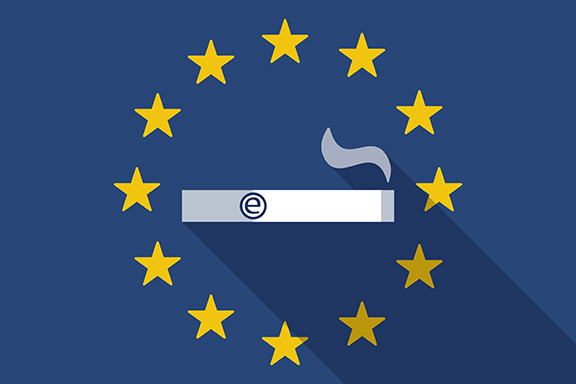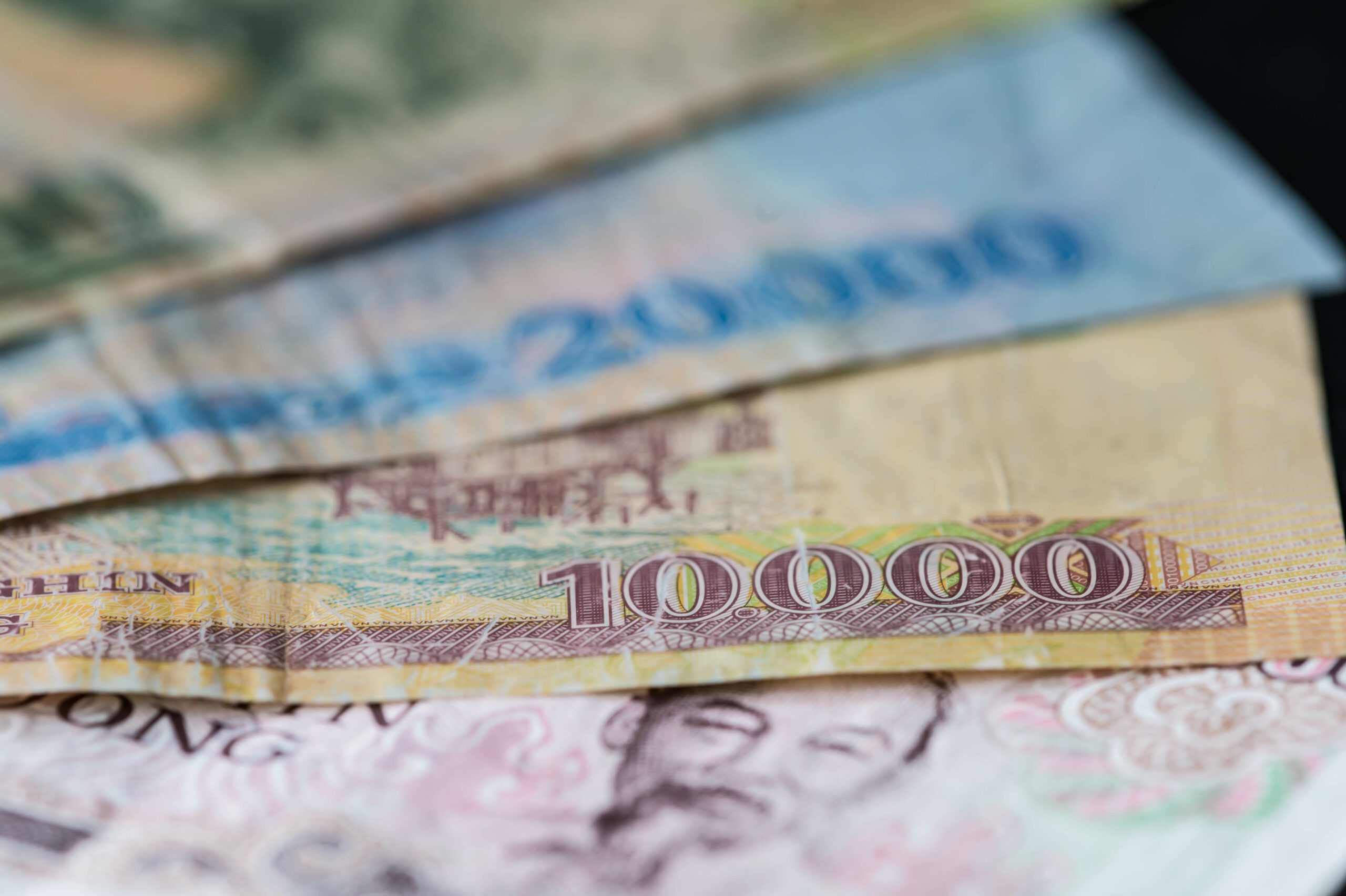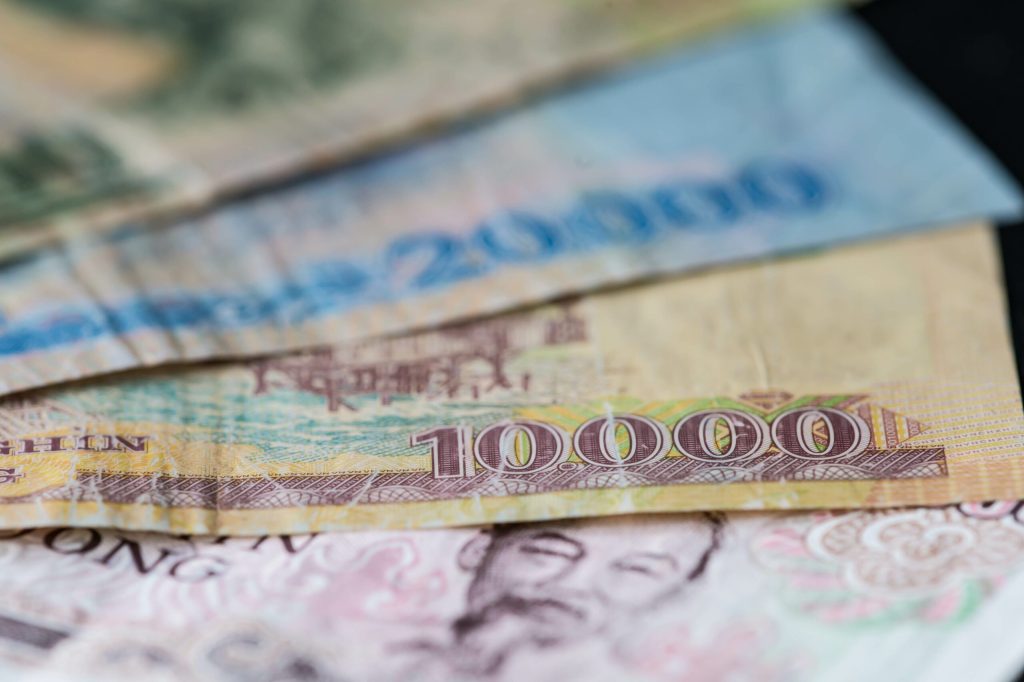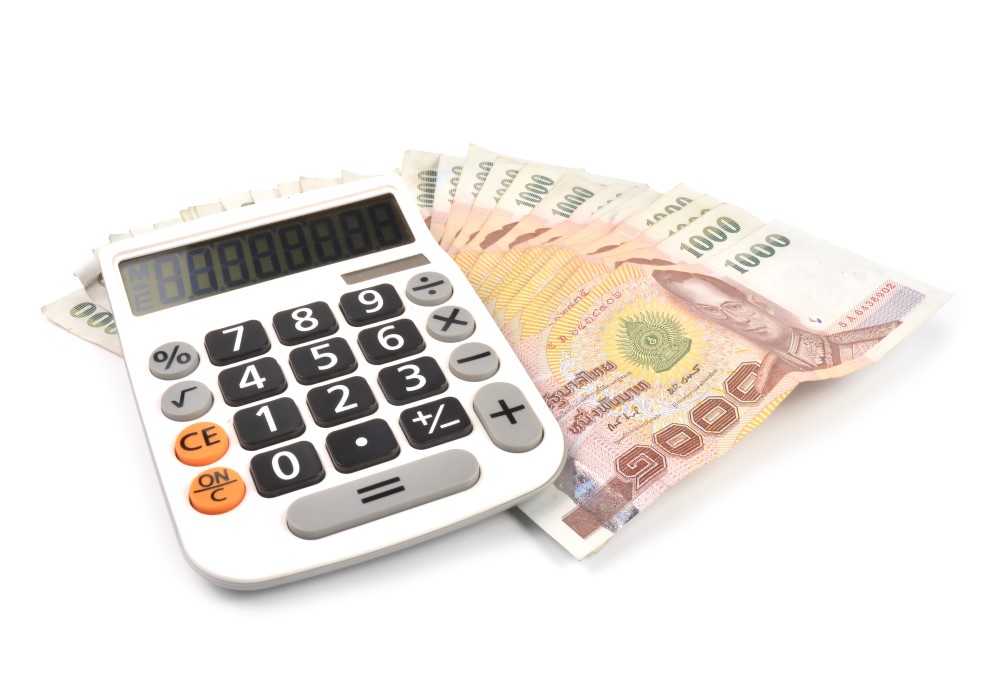Last week, Euractiv reported reviewing a document where the European Commission was pushing for new taxes on tobacco, large corporations, electronics waste, and carbon emissions, to help fund its next long-term budget (2028–2034). This week, more details and context are emerging.
With the costs of most everything increasing, and the fact that the EU needs to begin repayment of €650 billion in Covid recovery loans starting in 2028, Euractiv said the EU needs new income sources beyond traditional gross national income-based contributions, which fund 56% of the current budget.
The reported plan includes a Tobacco Excise Duty Own Resource (TEDOR), expected to bring in major revenue while supporting public health goals. Previous reports suggest the Commission has floated a 139% tax hike on cigarettes. Other proposed revenue sources include a Corporate Resource for Europe (CORE) for firms with over €50 million turnover, and green taxes like carbon levies (ETS1, CBAM) and electronics waste contributions.
All 27 member states must approve the plan unanimously, making negotiations politically complex. However, the Commission views the next Multiannual Financial Framework (MFF) as a critical moment to secure the bloc’s economic, environmental, and defense goals.








